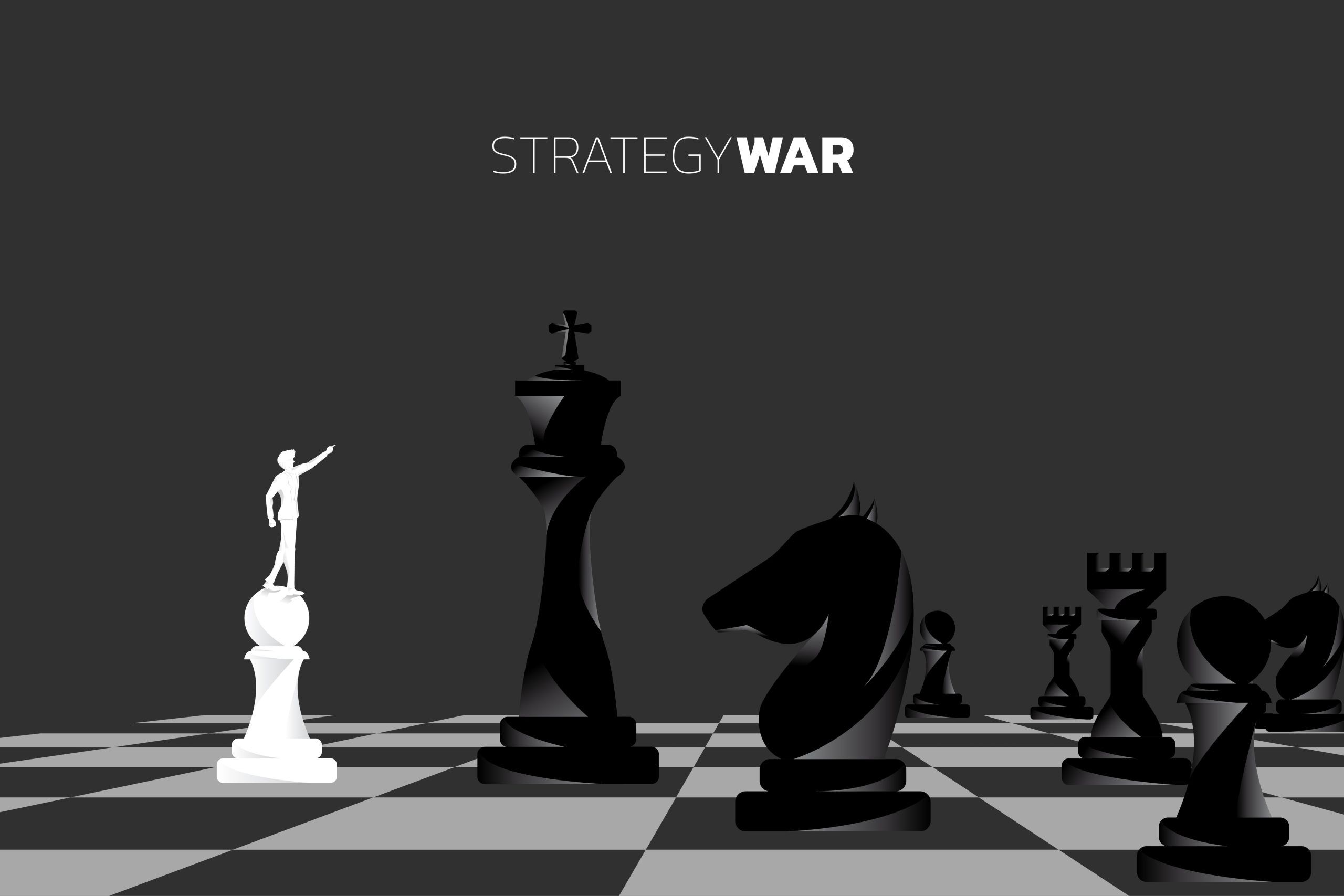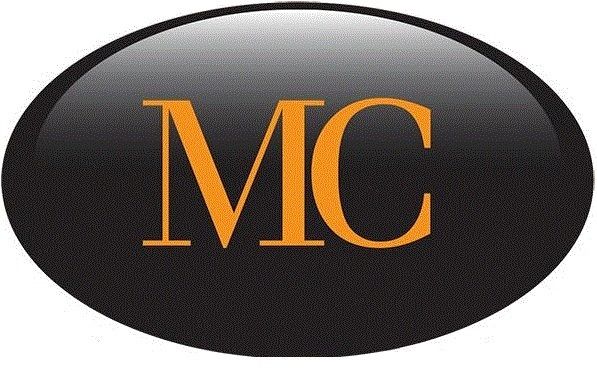… in a discussion to help people manage life’s changes!
When discussing life’s changes, it is essential to consider various factors that influence individuals’ identity with what we call societies. By combining cultural, political, social, economic, and national interests, we can gain a comprehensive understanding of the challenges and opportunities that arise during periods of transition. Here’s how each of these elements can contribute to managing life’s changes:
READ: What Is Political Economy?
- Cultural Factors: Culture plays a significant role in shaping individuals’ values, beliefs, and behaviours. During times of change, it is crucial to consider cultural norms, traditions, and identities, as they can influence how people perceive and respond to changes. Understanding cultural diversity and promoting inclusivity can help individuals navigate transitions while maintaining a sense of identity and belonging.
READ: Culture Counts: The Influence of Culture and Society on Mental Health - Political Factors: Political dynamics and policies have a profound impact on people’s lives and the direction of societies. Political stability, governance, and the rule of law can provide a conducive environment for managing change. Additionally, effective policies and regulations can mitigate the negative effects of change and promote equitable opportunities for all.
READ: What Is Political Economy? - Social Factors: Social structures, institutions, and relationships significantly shape how individuals cope with change. Social support networks, community engagement, and access to resources and services are critical during transitional periods. Fostering strong social connections and promoting social cohesion can enhance resilience and facilitate effective adaptation to life’s changes.
READ: Cultures and Persons: Cultures and Persons: - Economic Factors: Economic conditions, such as employment opportunities, income levels, and access to basic necessities, greatly influence individuals’ well-being during transitions. Economic stability, inclusive growth, and equitable distribution of resources are crucial for managing life’s changes effectively. Providing adequate support, training, and re-skilling opportunities can help individuals navigate career shifts and economic fluctuations.
READ: Death of Despair and the Future of Capitalism - National Interests: National interests encompass the broader goals and priorities of a country. Aligning life’s changes with national interests involves considering the long-term development, security, and prosperity of a nation. This may involve strategies such as promoting sustainable development, investing in education and healthcare, and fostering innovation and entrepreneurship to navigate transitions successfully.
READ: What is Health Equity?
By integrating these factors into discussions on managing life’s changes, individuals and communities can develop a holistic perspective. Recognizing the interplay between cultural, political, social, economic, and national interests enables us to identify common goals, address challenges, and create supportive environments that empower individuals to adapt, thrive, and contribute positively to society.
Check It! Let’s Chat













